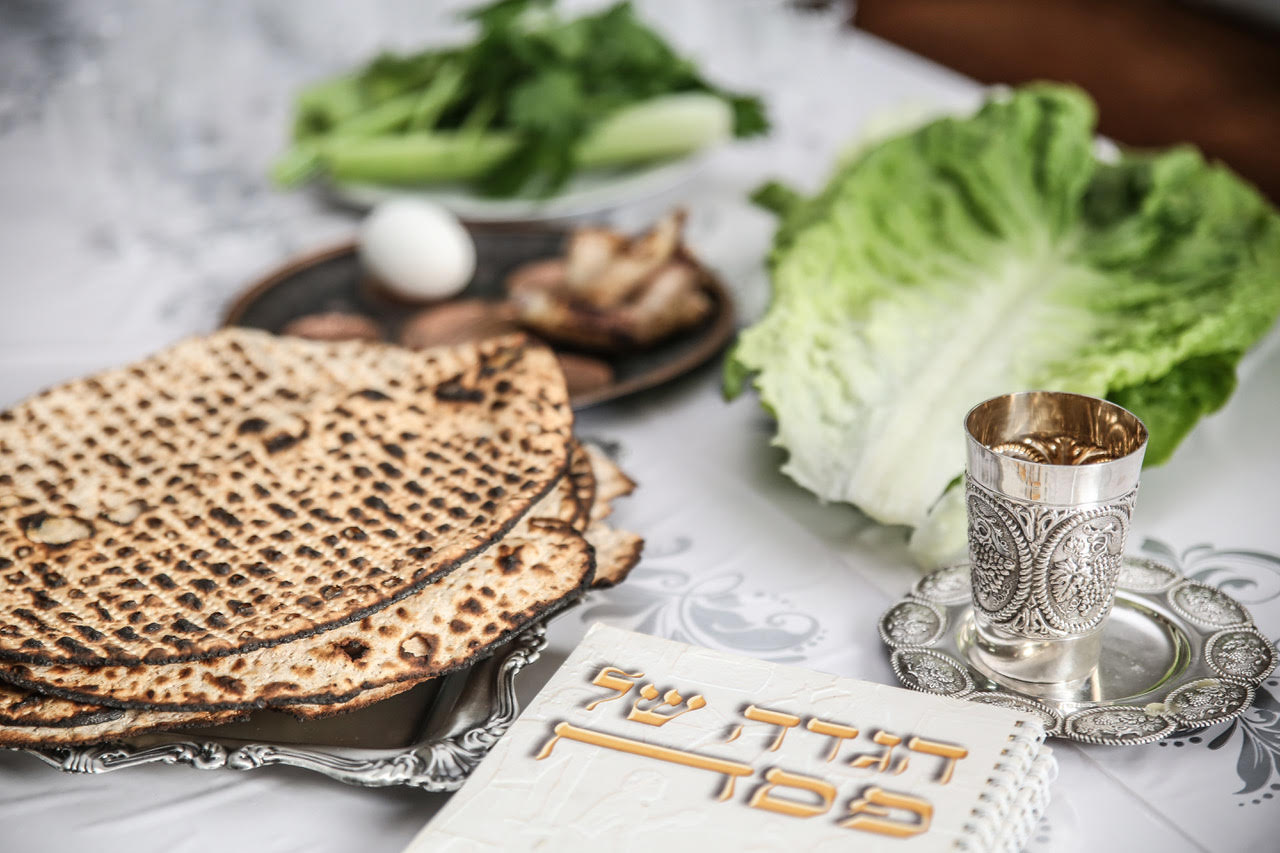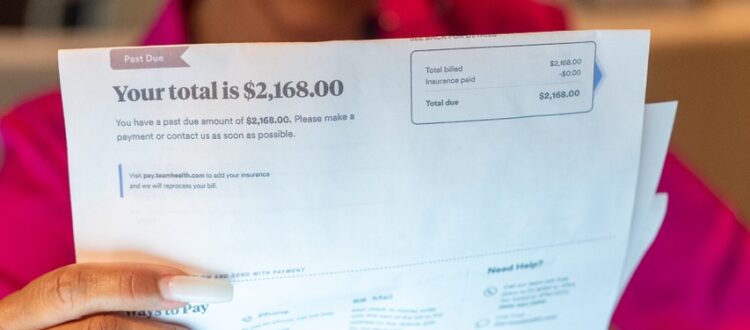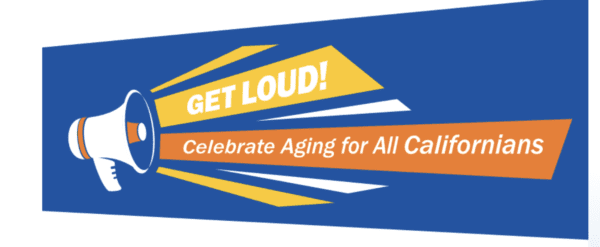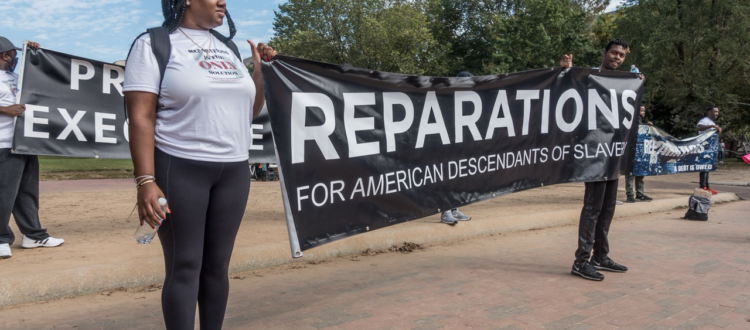Edward Henderson | California Black Media
Jewish families across California are preparing to celebrate Passover (also known as Pesach), one of Judaism’s most significant holidays, from sundown on April 22, to sundown on April 30.
The holiday stands as a testament to the resilience of the Jewish people and their journey from bondage to freedom. Passover is a time of reflection, celebration, and unity, according to adherents and religious scholars.
In anticipation of the holy season, last week, Gov. Newsom announced $40 million round in continual state funding to harden security at at-risk institutions in the state, including Jewish organizations and non-profits.
“These funds also send a powerful message, particularly at a moment when antisemitism is surging and so many of our community are feeling on edge,” read a statement released April 10 by the leadership of the California Jewish Legislative Caucus (CJLC).
The funding, provided by the Governor’s office through the California State Non-Profit Security Grant Program, has provided over $120 million over the last three budget years to various groups in the state.
CJLC Co-Chairs Sen. Scott Weiner (D-San Francisco) and Assemblymember Jesse Gabriel (D-Encino), along with Vice Chair Sen. Josh Becker (D-Menlo Park) signed the statement.
A week earlier, the Governor introduced a comprehensive roadmap called the Golden State Plan to Counter Antisemitism. It includes proposals for strengthening the relationship between the State of California and ensuring ethnic media studies curricula is free of antisemitic content.
Dating back millennia, Passover holds a central place in Jewish religious and cultural life, marking the liberation of the Israelites from slavery in Egypt. The holiday’s name itself evokes the pivotal moment when the angel of death “passed over” the homes of the Israelites, sparing their firstborn sons from the plagues that Egypt suffered.
“Passover is a lot like Jewish Thanksgiving. It’s a time where family and friends get together for a celebratory and ritual meal known as a Seder (Hebrew for Order). It’s a celebration of our liberation and is generally a very happy holiday. There’s great food and tradition,” Blake Rochkind, a video game executive living in Los Angeles, told California Black Media.
“Drinking wine is not only encouraged, its actually part of the ceremony, four cups worth of wine to be specific, so it can be a very good time,” Rochkind added.
Central to the observance of Passover is the seder, a special family meal held on the first night of the holiday. At the seder table, generations come together to retell the story of the Exodus through prayers, rituals, and symbolic foods.
The unleavened bread, or matzo, serves as a reminder of the haste with which the Israelites fled Egypt, leaving behind the leavened bread that had no time to rise. Each item on the seder plate carries profound symbolism, from the bitter herbs representing the bitterness of slavery to the roasted egg symbolizing rebirth and renewal.
“There’s actually some delicious foods that are specifically Kosher For Passover that we eat around this time primarily,” said Rochkind.
In California, home to a vibrant Jewish community, Passover holds special significance. Despite constituting only about 3% of the state’s population, the Jewish community has faced a disproportionate share of religiously motivated hate crimes, with a surge in antisemitic attacks in recent years. Against this backdrop, Passover takes on added meaning as a time to reflect on the enduring struggle against oppression and bigotry.
“I would imagine that many Passover conversations will turn to what’s going on in Israel right now. At the end of every Seder, we say in Hebrew, “Next year in Jerusalem!’ This is something we’ve said for centuries, and yet there seems to be many who do not appreciate the significance of Israel to the Jews..”
For many Californian Jews — and others around the world — preparations for Passover begin weeks in advance, as families engage in a thorough cleansing of their homes, similar to a spiritual spring cleaning. The ritual search for chametz, or leavened products, on the eve of Passover serves as a symbolic purging of impurity, reinforcing the theme of liberation from bondage.
For the faithful, Passover serves as a beacon of hope and resilience, a reminder of the enduring power of faith, community, and tradition.
This resource is supported in whole or in part by funding provided by the State of California, administered by the California State Library in partnership with the California Department of Social Services and the California Commission on Asian and Pacific Islander American Affairs as part of the Stop the Hate program. To report a hate incident or hate crime and get support, go to CA vs Hate.











